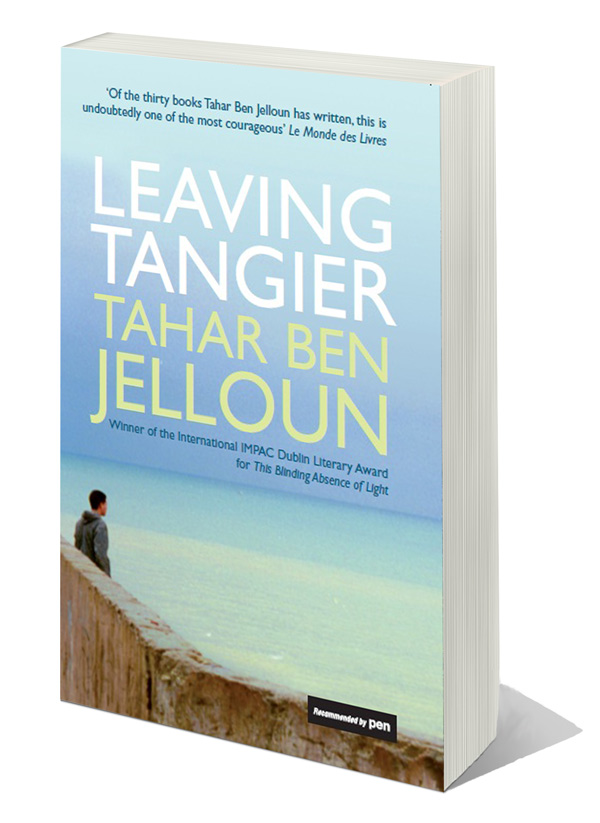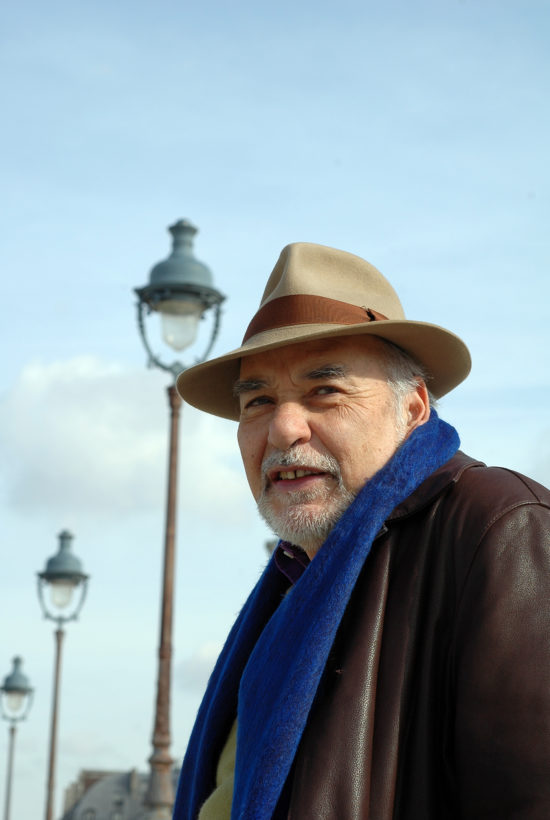
Tangier, in the early 1990s: young Moroccans gather regularly in a seafront café to gaze at the lights on the Spanish coast glimmering in the distance. Facing a future with few prospects in a country they feel has failed them, their disillusionment is matched only by their desire to reach this paradise – so close and yet so far… not least because of the treacherous waters separating the two countries and the frightening stories they hear of the fates of would-be illegal emigrants. Azel, the protagonist, is intent upon leaving one way or another. At the brink of despair he meets Miguel, a wealthy Spanish gallery-owner, who promises to take him to Barcelona if Azel will become his lover. Seeing no other solution, and although he has a girlfriend to whom he is promised, Azel agrees to Miguel’s proposition and thus begins a different kind of hell for the young Moroccan – shame and self-disgust at his own helplessness gradually overcome him and he finds himself once more in a hopeless situation. Azel and others like him, including his sister, begin to wonder if the reality of life in Europe will live up to their dreams.

